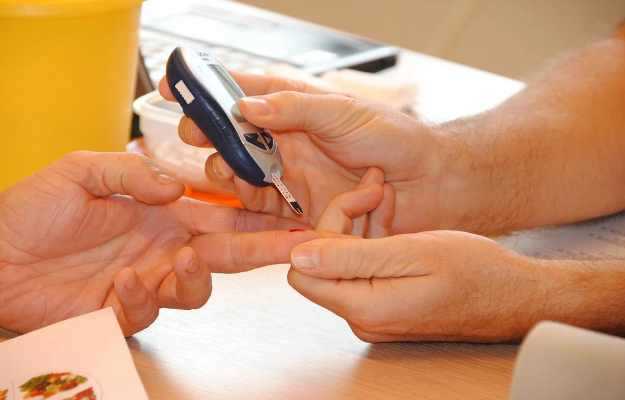With a major festival or wedding almost every single month, it's always time to indulge in a little meetha (sweet) in Indian households. Lockdown or not, the flavour of freshly prepared milk cake or halwa is cherished by everyone.
But should everyone really be having these sweets? If you have ever wondered what happens in the body when you binge-eat ice-cream while watching the hundredth re-run of your favourite movie, read on:

 Doctors for Insulin resistance
Doctors for Insulin resistance  OTC Medicines for Insulin resistance
OTC Medicines for Insulin resistance



































